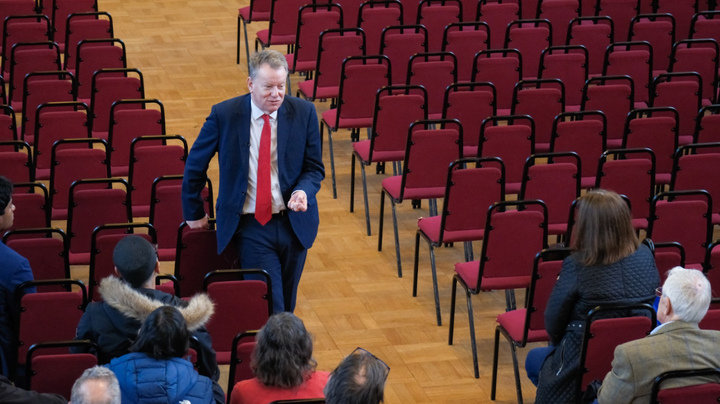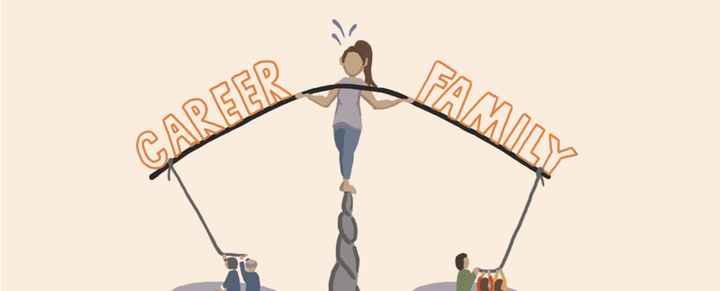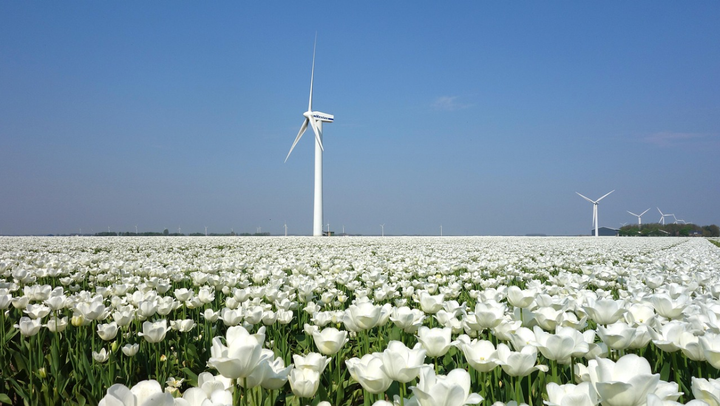Is violence against politicians on the rise?

Ellie Regan
MP Virginia Crosbie, a Welsh conservative MP, told BBC news reporters that she wears a stab proof vest when meeting constituents. After the violent murder of Crosbie’s colleague, Sir David Amess, who was stabbed multiple times in his local constituency surgery in 2021, she comments on how she feels such a precaution is necessary. Similarly, another conservative MP, Mike Freer, reportedly told the times that “he and his staff have started wearing stab vests and carrying panic alarms”. By what can we attribute to this rise?
The abuse of politicians is (unsurprisingly) heavily connected with the political turmoil of the time. As we are currently living in the age of information, news can be spread swiftly and efficiently at the touch of a button. While this is useful in creating a more informed and politically aware society, it can also have the adverse effect of exacerbating public worries. This is not to say that these worries are not well founded, but in an era, which has previously been hailed as the ‘Omnicrisis’ and on the wake on mass strikes, constant updates help to paint an overall picture of catastrophe in UK politics. Just to name a few, issues like: the Covid pandemic and its management, Brexit, political scandal (Partygate), the short but destructive time in office of Liz Truss, have all worsened public trust, leaving them to address their problems to the only person that will listen –their MP. As a result, the career and job of a politician has become more dangerous than ever. Generally, the public have little confidence in the government and such huge divisions in political opinions at the hands of these ideological conflicts aggravate violence.
Death threats, hate mail and anonymous phone calls are just few of the many forms of abuse that politicians receive on the daily. Some may argue that candidates must expect such reaction in the public sphere as the nature of politics is controversial and potentially dangerous. But is this good enough?
A Guardian article put this best, stating that “What is “normal” to MPs would be alarming to most.” Surely we should put ourselves in their elected shoes and empathise with the people that we rely on? When politicians are risking their lives to simply fulfil their job duties and carry out instructed tasks, we must query what has gone wrong in British politics.
The PM’s spokesperson has previously stated that “the safety of MPs is very important” and that “There is a great deal of work that goes on both across government and with the parliamentary authorities on this”. However, many MPs still remain in doubt. Examples like Ms Crosbie, who wear stab proof vests just to simply feel safe, are not few and far between. Such a phenomenon in our modern political climate illustrates the lack of confidence and security of such individuals in a country which is meant to be one of the most developed.
Poignantly, we must remind ourselves of Labour Party MP Helen Joanne Cox, who was killed in the run up to the Brexit referendum in June 2016 as she was meeting constituency members. The significance of her saddening death should act as a reminder to do more as a country. However, current cuts in government expenditure, as a result of the economic recession, raises fears that security for MPs is only going to get worse. We can only hope that something significant is done to reduce the violence and deaths of political figures in the years to come.




Comments ()